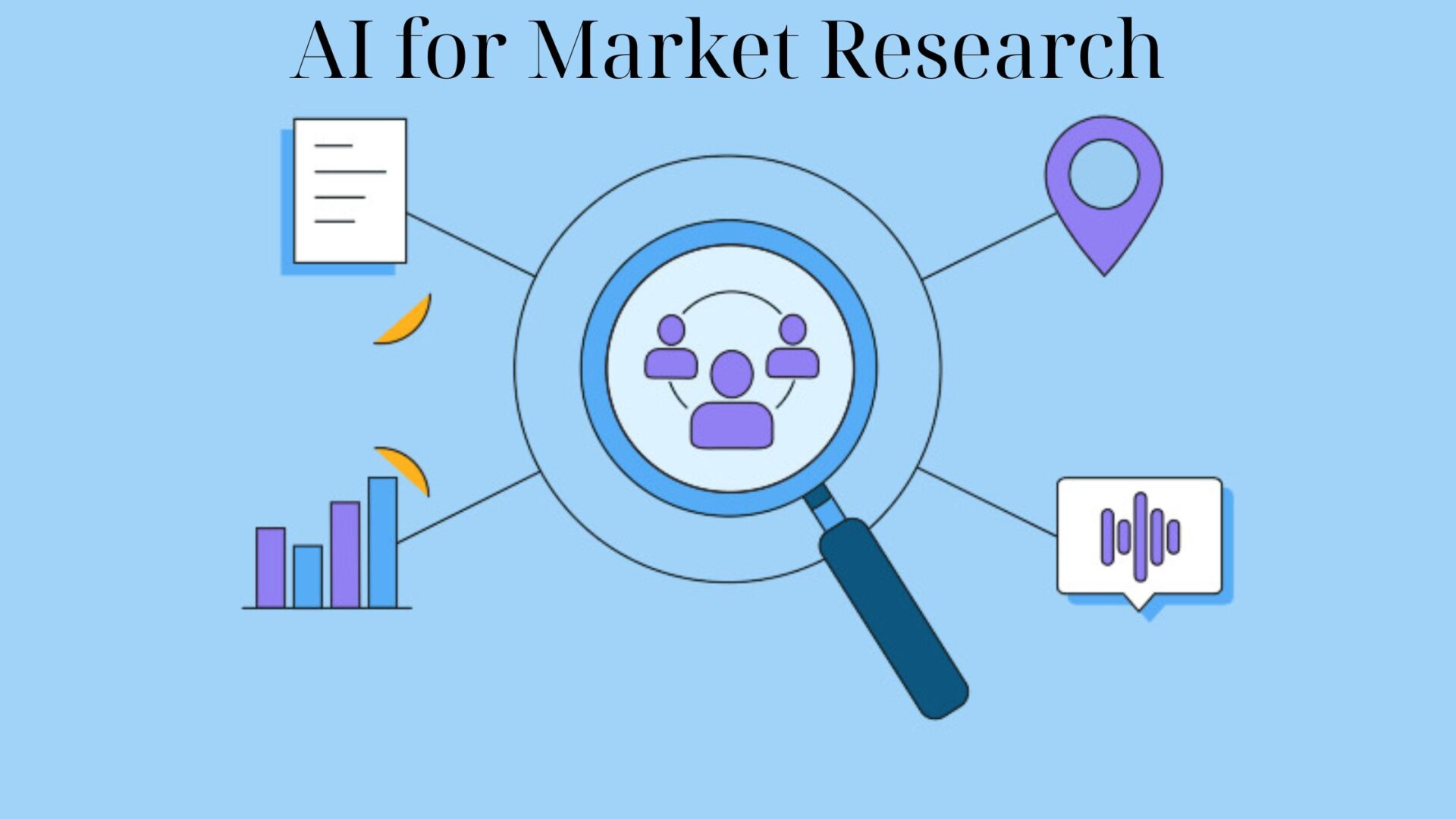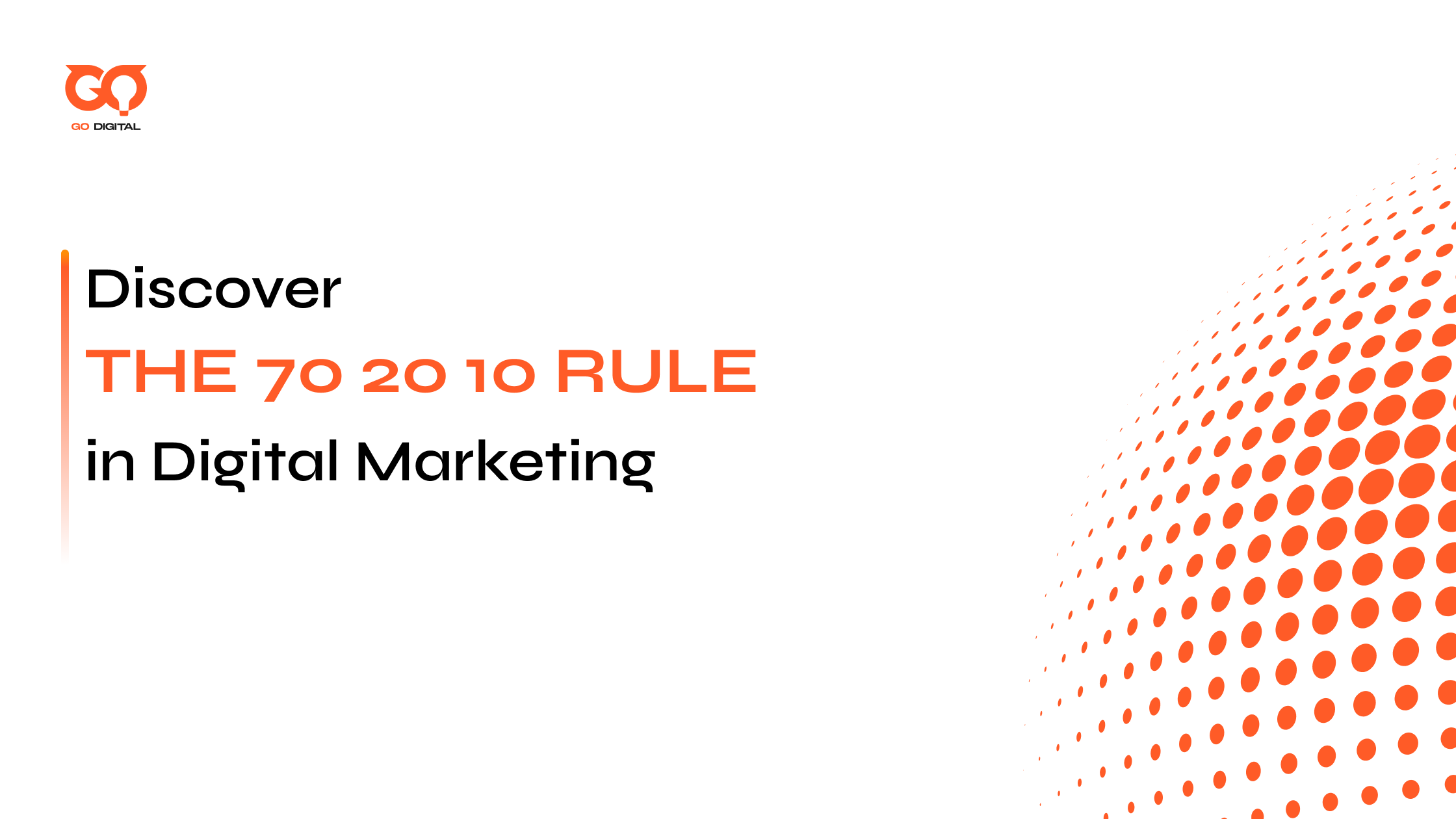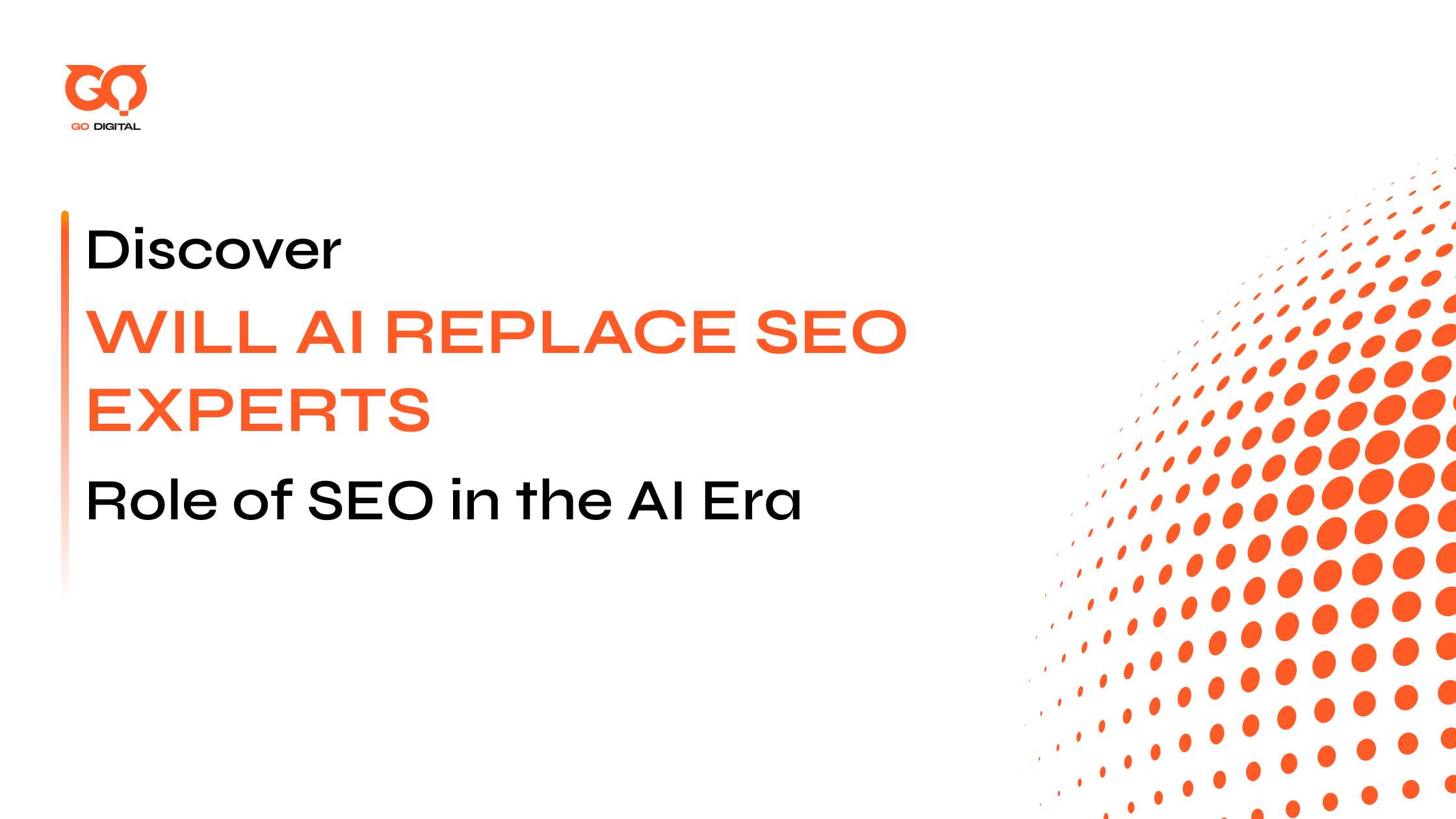Businesses move quickly, and many find old ways of doing market research tough. They get lost in tons of information and it takes too long to get the answers they need. This can lead to missed opportunities, ineffective marketing campaigns, and ultimately, slower growth.
This article is designed to guide you through the transformative power of AI for Market Research. You will gain a clear understanding of what this technology involves and why it’s becoming essential for modern businesses. We’ll delve into the exciting opportunities AI unlocks, such as enhanced customer segmentation, predictive trend analysis, and superior competitive intelligence.
What is AI for Market Research?
AI for Market Research refers to the application of artificial intelligence technologies to automate and enhance the processes of collecting, analyzing, and interpreting market data.
Defining AI for Market Research
Ai In Marketing Industry involves using algorithms and computational models, such as machine learning (ML), natural language processing (NLP), and computer vision. It could scan through enormous datasets far more quickly and efficiently than humans ever could. The core idea behind artificial intelligence and market research is to move beyond simple data collection towards generating predictive and actionable insights that drive strategic business decisions.
This involves training AI models on diverse data sources – from surveys and social media feeds to sales data and online reviews – to identify patterns, sentiments, and correlations that might otherwise go unnoticed.
Key Features of AI in Market Research
Several key features distinguish AI-powered market research from traditional methods:
- Automation of Data Collection & Processing: AI can automate the gathering of data from various sources like social media, websites, forums, news articles, and public databases. Statistics suggest that data scientists spend up to 80% of their time on data preparation which AI drastically reduces this burden.
- Natural Language Processing (NLP): This allows AI to understand and interpret human language from text and voice data. In market research, NLP is invaluable for sentiment analysis (gauging public opinion from reviews or social media), topic modeling (identifying key themes in discussions), and analyzing open-ended survey responses at scale.
- Predictive Modeling: Machine learning algorithms can analyze historical data to build models that predict future outcomes, such as market trends, customer churn, or campaign success rates. Companies using predictive analytics report higher ROI on marketing investments.
- Large-Scale Data Analysis: AI algorithms excel at processing and analyzing massive datasets (Big Data) that are beyond human capacity. They can identify complex patterns, correlations, and anomalies quickly. For instance, AI can analyze millions of customer reviews in hours, a task that would take a human team months.
Why Businesses Need AI for Market Research
Considering the current market climate, speed is a critical competitive advantage.
Stay Competitive with Real-Time Insights
AI for Market Research enables businesses to gather and analyze data in near real-time. This allows companies to quickly identify emerging trends, monitor competitor actions, gauge customer sentiment instantly, and adapt their strategies on the fly. For example, ai powered market research can track social media buzz around a product launch or competitor campaign as it happens, providing immediate feedback. This is fundamental to how ai is changing marketing, making it more responsive and proactive.
Understanding how to leverage AI in marketing can help companies quickly identify emerging trends, monitor competitor actions, and gauge customer sentiment instantly.
Increased Accuracy and Data-Driven Decisions
AI algorithms, when properly trained, can analyze data objectively and identify subtle patterns that humans might miss, leading to more accurate and reliable insights. This increased accuracy empowers businesses to make more confident, data-driven decisions, reducing reliance on intuition or incomplete information.
Cost Efficiency and Time-Saving
McKinsey estimates that leveraging AI in marketing can unlock trillions of dollars in value across various business functions, including marketing and sales, partly through efficiency improvements. Automating repetitive tasks can reduce research project costs by a considerable margin, often cited between 15-30% or even higher for specific tasks.
Opportunities of Using AI for Market Research
Leveraging AI for Market Research opens up significant opportunities for businesses to gain deeper insights, make smarter decisions, and achieve substantial growth.
Enhanced Customer Segmentation and Targeting
AI algorithms can identify nuanced micro-segments or “tribes” with highly specific needs, preferences, and predictive behaviors that would be invisible through manual analysis. McKinsey highlights the significant impact, indicating that personalization, driven by sophisticated segmentation, can deliver five to eight times the ROI on marketing spend and lift sales by 10% to 15%, sometimes even more. AI makes delivering this personalization at scale feasible.
Predictive Analytics for Market Trends
One of the most transformative opportunities offered by ai in marketing industry lies in predictive analytics. AI models analyze complex patterns in historical data, real-time market signals (like search trends, social media sentiment, news analysis), economic indicators, and even seemingly unrelated variables (e.g., weather patterns impacting retail) to forecast market trends. This foresight allows businesses to be proactive rather than reactive.
Real-Time Competitive Intelligence
AI provides the tools to automate and enhance competitive intelligence gathering on an unprecedented scale and in real-time. AI systems can constantly monitor competitors’ websites for pricing changes, track new product or feature launches, analyze their marketing campaigns. Reports like Crayon’s State of Competitive Intelligence often indicate that companies mature in their CI practices (frequently leveraging automation and AI) are significantly more likely to report increased revenue and market share
AI Lead Generation Software: Functionality and Limitations for Market Research in Business
While AI for Market Research offers a broad toolkit for understanding markets, a specific category of AI tools frequently encountered in sales and marketing is AI Lead Generation Softwares.
What AI Lead Generation Software Does
At its core, AI Lead Generation Software is designed to help businesses identify, attract, and qualify potential customers (leads) more efficiently. Its primary purpose is to streamline and optimize the top of the sales funnel. By identifying individuals or companies fitting an ideal customer profile, automating outreach through emails or social media messages, and nurturing potential leads through personalized content and offers until they are ready for sales engagement.
The fundamental design goal is to streamline the lead qualification process. This involves several key functions powered by AI:
- Data Collection and Analysis
- Lead Scoring
- Automation
- Personalization
How It Works: These platforms typically leverage machine learning (ML) algorithms and predictive analytics. ML models learn from data patterns to improve identification, scoring, and personalization over time. Predictive analytics uses historical and real-time data to forecast which leads are most likely to convert, enabling proactive engagement.
Key Features of AI Lead Generation Software
Building on their core functions, these software solutions often include features such as:
- Predictive Lead Scoring: Assigning scores based on conversion probability.
- Automated Prospecting & Data Enrichment: Finding leads matching Ideal Customer Profiles (ICPs) and automatically supplementing their profiles with missing data.
- Website Visitor Tracking & Identification: Using tracking codes and IP lookup to identify companies visiting the website and analyze their on-site behavior.
- AI Chatbots: Engaging website visitors 24/7, answering FAQs, qualifying interest, and scheduling meetings.
- Personalization Engines: Dynamically adjusting website content or email sequences based on visitor/lead data.
- Automated Email Sequencing: Sending pre-defined series of personalized emails for outreach and nurturing.
The Limitations of AI Lead Generation Software for Market Research in Specific Businesses
Despite their effectiveness in sales pipeline generation, these tools have significant limitations.
Narrow Focus on Conversion:
They excel at finding prospects ready or nearly ready to buy but inherently miss out on analyzing broader, long-term market trends, subtle shifts in consumer attitudes, or latent needs that haven’t yet translated into buying signals. For example, it might miss the growing cultural shift towards sustainability until it directly impacts lead volume for specific ‘eco-friendly’ search terms, potentially too late for strategic product development.
Lack of Comprehensive Consumer Insights:
Lead generation data primarily tells you who might be interested and what actions they took (clicks, downloads, form fills). It rarely delves into the why behind consumer behavior – their motivations, frustrations, unmet needs, decision-making processes, or brand perceptions. Businesses may fail to uncover why certain trends are happening or the deeper context behind customer choices.
Data Quality and Depth:
The data collected often focuses on contact details, firmographics, and specific online behaviors relevant to sales qualification. It may lack the depth, quality, and diversity needed for robust market analysis. Data scraped from public sources can be incomplete, outdated, or inaccurate . Without high-quality, comprehensive data encompassing attitudinal metrics, unstructured feedback (from reviews, forums), broader economic indicators, and diverse demographic/psychographic profiles, businesses may struggle to perform holistic market analysis needed for long-term planning.
Over-Reliance on Historical Data:
AI lead scoring models learn from past successes. In stable markets, this works well. However, in dynamic industries (like tech, fashion, or energy) or during periods of rapid change (like a pandemic or economic downturn), historical data may become a poor predictor of the future. AI may not adapt quickly enough to shifts in market dynamics. An AI trained on pre-2020 data might initially fail to recognize the sudden surge in demand for remote collaboration tools among previously unlikely customer segments.
Limited Integration with Market Research Data:
Lead generation platforms often operate separately from systems used for storing and analyzing broader market research data (like survey results, focus group transcripts, syndicated market reports). Businesses may find themselves using different systems for lead generation and market research, making it difficult to correlate sales-oriented lead patterns with deeper market insights or vice versa.
GODI’s Comprehensive Digital Marketing Strategy: The Perfect Solution with AI for Market Research
Navigating the complexities of data and extracting meaningful insights requires more than just disparate tools. This is where solutions like GODI‘s comprehensive digital marketing approach come into play.
- Integrated AI for Actionable Insights: GODI embeds AI for Market Research within its core strategy, moving beyond raw data to provide clear understanding of consumer behavior and market trends. They focus on turning these AI-driven insights into concrete, actionable marketing strategies that improve targeting, segmentation, and ultimately, business results.
- Simplified Data & Integration: Recognizing data challenges, GODI ensures smooth integration of AI tools with existing systems and prioritizes clean, reliable data. This provides a solid foundation for trustworthy analysis and confident decision-making.
- Scalable & Personalized Solutions: GODI offers cost-effective and scalable AI for Market Research solutions suitable for businesses of varying sizes. Crucially, they personalize the strategy – tailoring data focus, tools, and recommendations to each client’s specific goals, industry, and market challenges, ensuring relevance and maximum impact.
With GODI’s expertise, businesses can overcome challenges and unlock their full potential. Contact GODI today to implement AI-powered market research in your digital marketing strategy and take your business to the next level.
Conclusion
Leveraging AI for Market Research isn’t just an option—it’s a competitive necessity. Market research powered by AI is significantly changing the way businesses develop and refine their marketing strategies.With GODI’s expertise, businesses can overcome challenges and unlock their full potential. Confidently turn AI-driven insights into actionable strategies.
For businesses looking for comprehensive support, especially smaller organizations, exploring marketing outsourcing for startups and SMEs can provide scalable and cost-effective solutions alongside AI-driven market research.
FAQs
1. How does AI for Market Research improve customer segmentation?
AI analyzes massive datasets to identify precise customer segments based on behaviors, preferences, and predictive insights, enabling highly personalized marketing strategies.
2. Is AI market research cost-effective for small businesses?
Yes, AI-driven market research solutions scale according to business size, significantly reducing costs by automating data collection and analysis processes traditionally performed manually.3. Can AI accurately predict future market trends?
AI excels at predictive analytics by identifying complex patterns and signals in historical and real-time data, allowing businesses to anticipate and respond proactively to emerging market trends.







